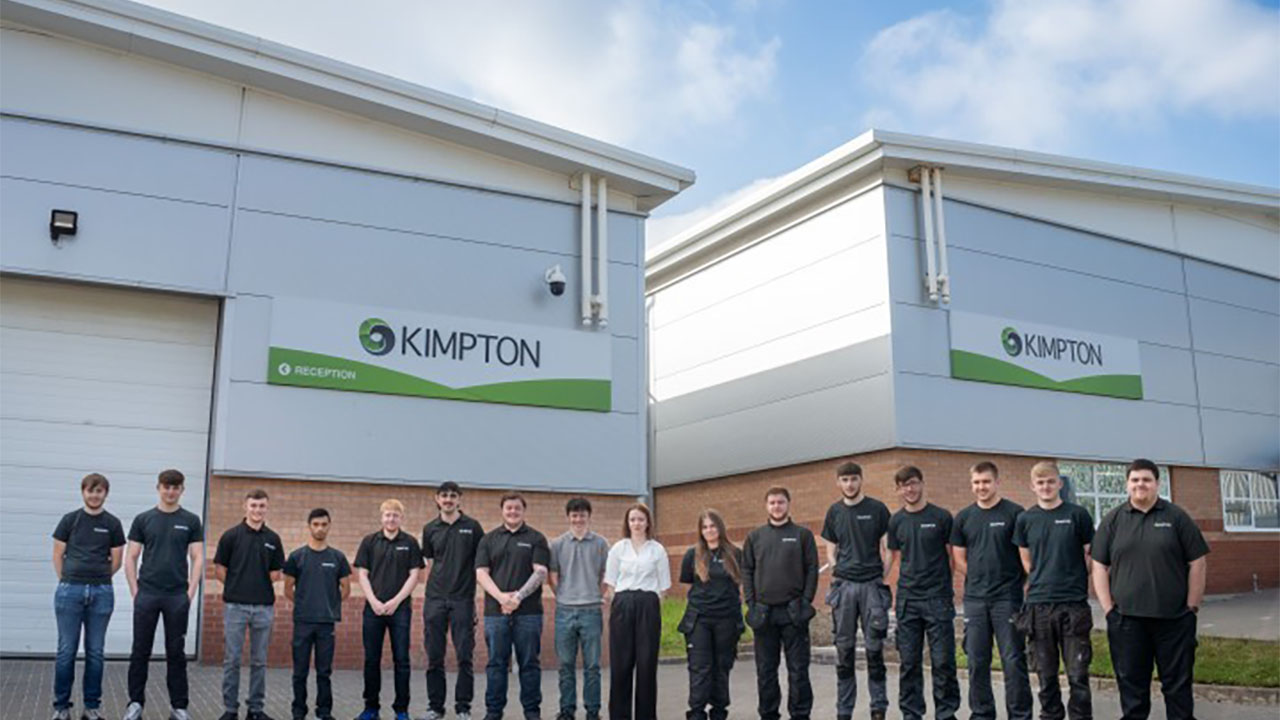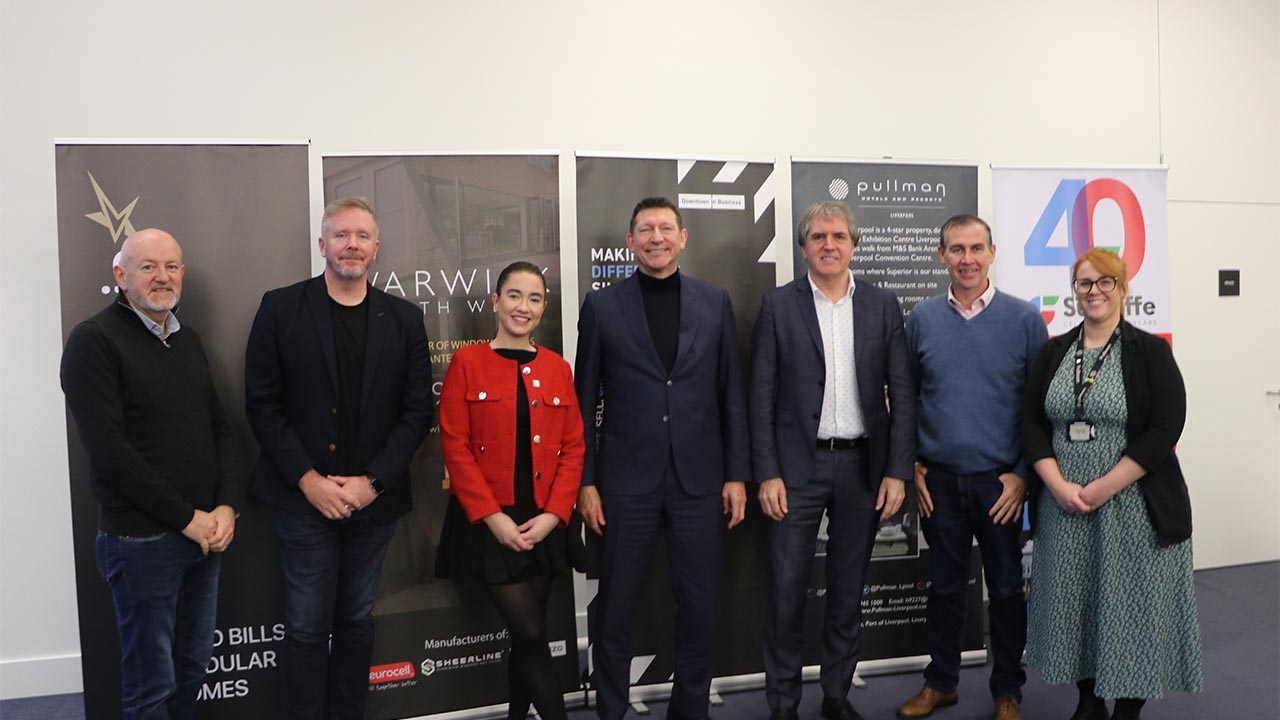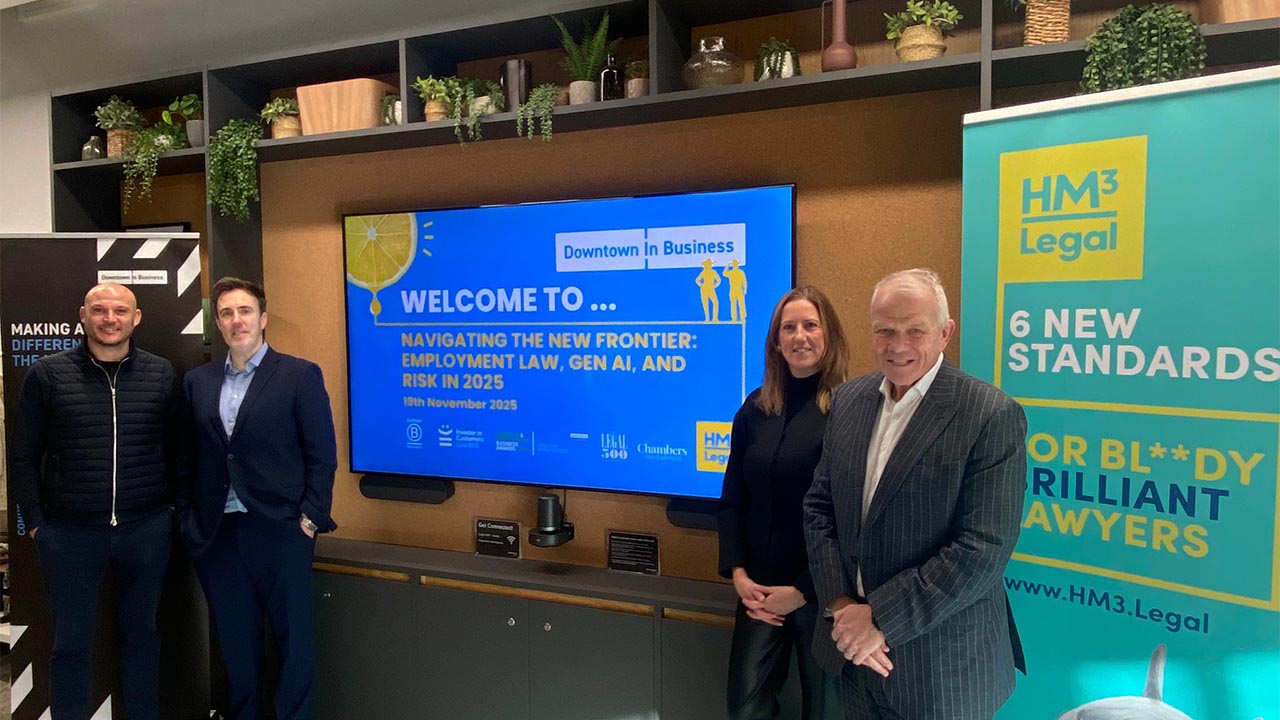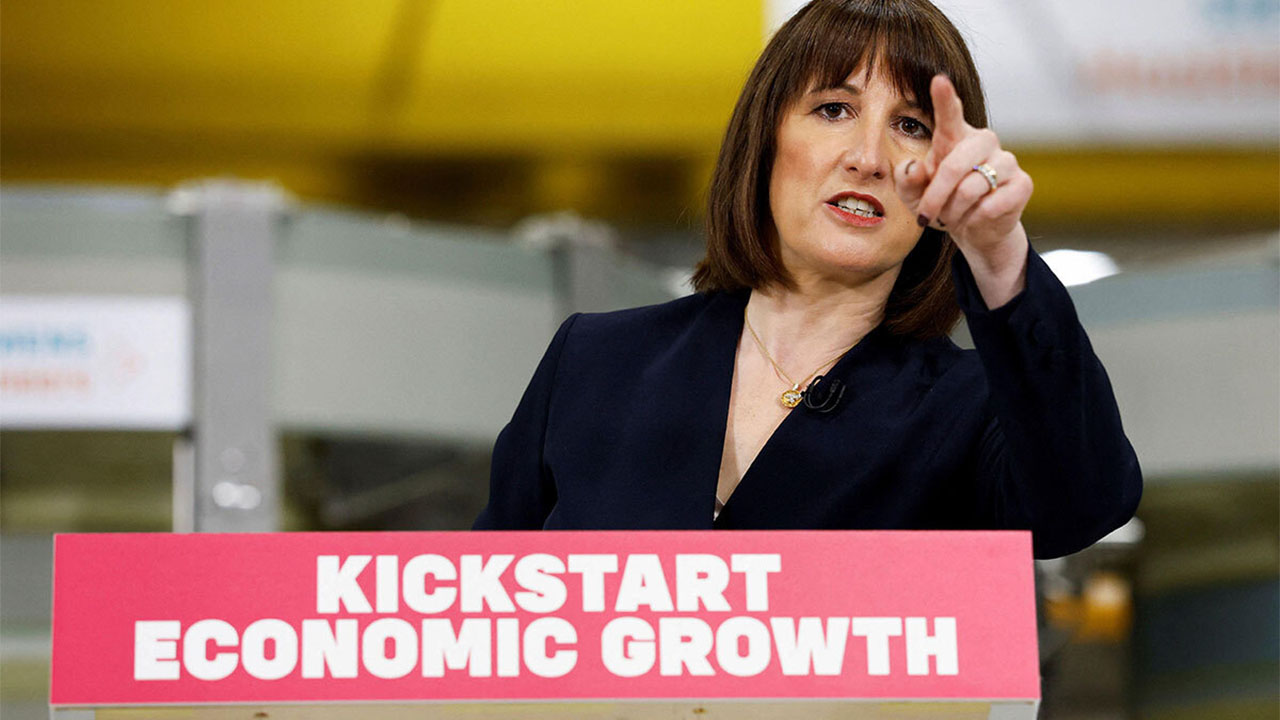Kimpton, a specialist provider of mechanical and electrical engineering, heating and ventilation services and commercial fit-outs, was facing an issue not uncommon in companies which take on apprentices.
In the fairly recent past, the firm’s process for sourcing apprentices could best described as ‘uneven’. Spaces were often filled by the networks of existing Kimpton employees and contacts, with recommendations trumping recruitment processes.
This led to a team that, although cohesive, was not realising its full potential in terms of ability or inclusivity. Consequently, Kimpton was not getting the value it required from its apprentice recruitment, with drop-off rates high among apprentices who arrived straight from school and maybe lacked the determination or experience to help drive them forward.
Importance of social value prompts change
Having begun to acknowledge that its process needed updating, Kimpton took part in a tender process which asked about the inclusivity of their recruitment. This experience crystallised the growing feeling among the senior management team that social value should become central to the firm’s future strategy.
At the start of their refreshed journey, Kimpton began speaking to a number of vocational colleges about how they could attract apprentices with experience under their belts and passion and determination in their hearts. Their introduction to NVQ Level 3 technical diploma students at The City of Liverpool College proved to be a gamechanger.
These students had already studied the basics of plumbing and electric installations over the two years of their course. When a representative from Kimpton presented the company’s vision and what an apprenticeship there could bring to a cohort of plumbing students, the response was overwhelming. Instantly, they were able to draw up a shortlist of ten candidates, all of whom displayed the requisite skills and desire to learn more about their industry.
Culture shift
The shortlist was then whittled down to four apprentices who have all been champing at the bit to get their hands dirty from the word go. Mentors have described apprentices piping up radiators on-site within three days of arriving there, which is unprecedented in comparison to the previous, fragmented apprentice offering who started straight from school.
There has been a recognised culture shift, from a situation where site managers may have been reluctant to take apprentices due to their lack of skills and the need to be micro-managed, to one where supervisors are now asking to take more apprentices because of the instant value they bring.
What’s more, this new approach is also helping Kimpton to increase its inclusivity, with greater diversity in terms of background, gender and ethnicity.
Pipeline to success
These apprentices are not a temporary solution for Kimpton. Instead, they act as a talent pipeline for the company’s next generation of managers and supervisors.
It’s not just the NVQ course that sources these apprentices either. Students from The City of Liverpool College who have completed T-level courses over two years complete a 45-day placement as part of their studies, which readies them for the apprenticeship programme, rather than A-level courses which bear little relation to the industry.
Matt Breakwell, Business Development Director at Kimpton, said: “Our relationship with The City of Liverpool College is founded on finding the right young people with the talent and potential to have highly successful careers. We have trebled the number of apprentices we have taken on and we recruit from as a means of developing these people into Kimpton employees. They are our next estimators, project managers or design engineers.
“The College signposts the most appropriate students for our apprenticeship needs to us, and as a result we can envisage the industry-wide skills shortage no longer being an issue for our business within a decade. It’s great for everyone concerned,” he added.
To find out more about the College for Business, head to: business.liv-coll.ac.uk









